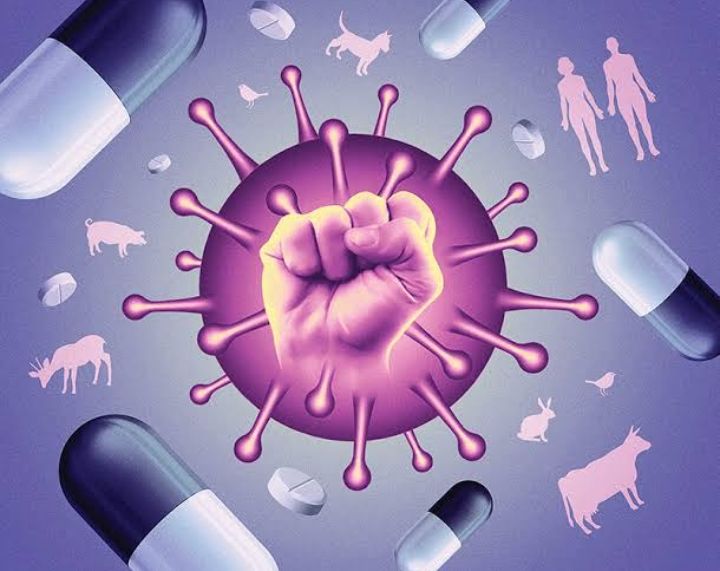By Ovat Abeng
Reform Forum of Pharmacy Techns in Nigeria (RFPTN) Anambra State Chapter, has expressed worries over alarming rate of Anti-microbial Resistance (AMR) in Nigeria.
The alarmed was contained in a statement signed and made available to Journalists in Awka on Monday, by the State Chairman of RFPTN, Engr (PhT) Ugochukwu Ohazuruike.
He said AMR is one of the biggest threat to global health, food security and development today.
He said differentiating viral from bacteria infection is vital to limiting AMR in the society.
Read Also: 33-year-old man arrested for raping 12-year-old girl in Kebbi
According to Ohazuruike, “it is important to be certain you are dealing with a bacteria or viral infection. Viral infection do not respond to antibiotics. Only antibiotics for bacterial infection.
“Injudicious use of antibiotics can further lead to Antimicrobial resistance(AMR).
-AMR is a global health and development threat, it requires organ multifactorial action inorder to achieve the sustainable development goals. (SDGS).
“World Health Organisation (WHO), has declared that AMR is one of the top 10 global public health threats facing humanity.
-MISUSE and OVERUSE of
Antimicrobials are the main drivers in the development of drug-resistant pathogens.
-Lack of clean water and sanitation and -inadequate infection prevention and control promotes the spread of microbes, some of which can be resistant to Antimicrobial treatment.
“Without effective antimicrobials, the success of modern medicine in treating infections, including during major surgery and cancer chemotherapy, would be at increased risk.
“We are moving towards post Anti-biotics era where common infections and minor injuries can once again kill. This is as a result of AMR/Drug resistant bacteria
“AMR occurs when bacteria, viruses, fungi, and parasites change over time and no longer respond to antimicrobial medicines making infections harder to treat and increasing the risk of disease spread, severe illness and death
“ANTIMICROBIAL include antibiotics, antivirals, antifungals and antiparasitic. They are medicines use to prevent and treat infections in humans, animals and plants.
“AMR disadvantages include; increased death rate, increased disability, Prolonged hospital stay, Prolonged illness,The need for more expensive medicine and Financial challenges(expensive intensive care) while causes are; inappropriate antibiotics prescribing, over prescription of broad spectrum antibiotic, shortage of rapid diagnostic facilities, poor quality Antibiotics, poor sanitation, global travel, excessive Antibiotics use in Agriculture, Increasing high risk patient population, Inadequate infection control and misuse of Antimicrobial.
On the role of RFPTN in tackling AMR, Ohazuruike, who is also the Managing Director of Eagle in Ovary Medical Diagnostic Centre/Clinical Support Services Onitsha, advice patients on symptomatic treatment, Disposal of old/unused antibiotics, Promote appropriate use of antibiotics, Educate patient on AMR and it’s importance, Advice patient about potential AEs interactions and what to do if they occur, Advice prescriber on guidelines adherence.(Nigerian treatment guidelines, standard treatment guidelines), Educate patient about compliance, Ensure antibiotics quality by guarding against counterfeits, Uphold common dispensing regulations, Educate patient on infection prevention and control.
Ohazuruike, equally charged Pharm techns to also make intelligent use of Information from the reference books BNF, EMDEX, MATINDEL to help curbed the situation.
